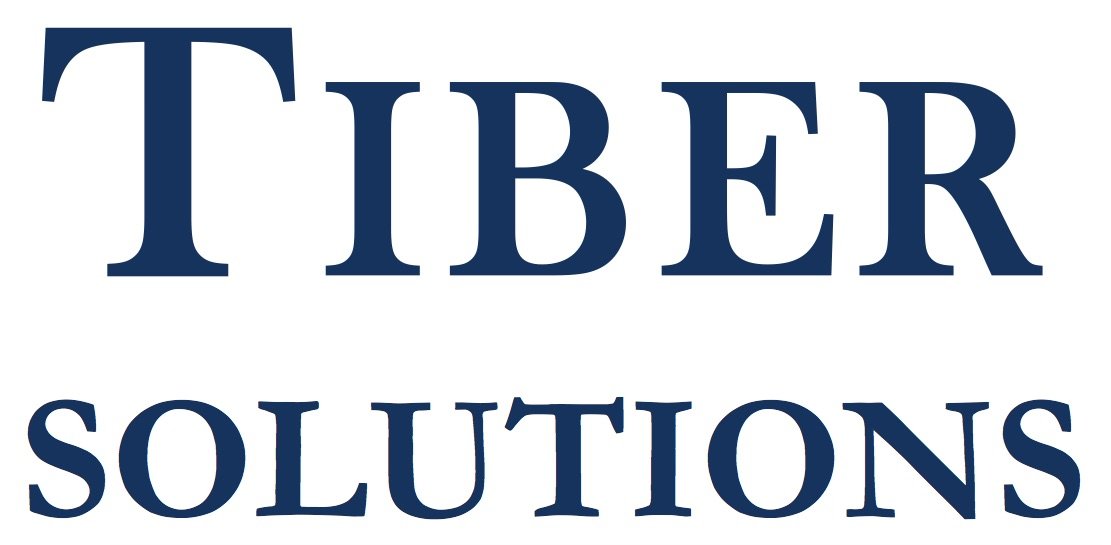Custom Generative AI
Last week, we wrote about artificial intelligence, specifically the attention that ChatGPT and OpenAI have garnered recently. The product is revolutionary, but also needs the work of gifted data professionals and software developers to optimally integrate the technology into existing products or new ones.
A quick example last week showed the cost savings that proper prompting can offer when utilizing OpenAI’s API. Today, we will look at the effect a custom trained model can have on output.
OpenAI’s models are pretrained, which means they do not have up-to-date information after the date in which they were trained. Notably, the models will not have up-to-date information about current events, sports, news, or anything of the like. To illustrate this point, we asked the generic models to tell us a bit about this past weekend’s PGA Championship.
Notice the model is not able to tell us any information about the 2023 PGA Championship, as expected. Luckily, we have the ability to leverage both the power of the pretrained models, while providing additional context and up-to-date information regarding a specific topic.
In order to do this for this year’s PGA Championship, we built a customized large language model by providing context from the ESPN article here about the tournament. After training, we asked the custom model the same questions as above with the following results:
By providing a brief article for context, our new custom built model can both answer factual questions about the event and also summarize the final round for us.
In a business context, a custom trained model is essential should a company want to filter leads, provide accurate information about a company, and close more sales using a ChatGPT-based chatbot. Suppose we want a custom chatbot to sit on the Tiber site to help us generate more clients. Without any customization and training, the “out of the box” chatbot model from OpenAI looks like the following:
Both answers above are plausible, but there is one major issue. We are primarily a data analytics and engineering firm! While we have helped clients with software development, IT work, and staffing in the past, these phrases likely do not fall in the first sentence when telling somebody about Tiber Solutions. Additionally, we do not have active Facebook and Twitter pages! As a lead generator, this chatbot would send people to the wrong place to get in touch with us and also be sending the wrong people, specifically people looking for IT experts. Luckily, with a bit of tuning the model on information from our website, we are able to create a much more effective lead generator.
With the same questions, a user is able to get a more accurate description of who we are, what we do, and where to reach us. We are a consultancy focused on data analytics and we focus on many of the technologies and disciplines listed. The chatbot also specifically answered how to reach us. By training the chatbot on specific information, we are going to be able to generate higher quality leads that are specifically looking for our services and tell them how to reach us. While the “out of the box” version of chatgpt provided a reasonable response that sounds and feels as if it is correct, the model is not trained for the specific use case and can be factually inaccurate. Whether you want a bot that can summarize sports and news information or help generate leads for your business, a generic model proves to be insufficient. Fortunately, with some oversight from a data professional, building context-specific, constantly-updating, malleable chatbots is easier than it has ever been.
For more information about working with us or to talk about generative AI or anything data related, please reach out to me at hmarick@tibersolutions or of course, get in touch with us at info@tibersolutions.com

